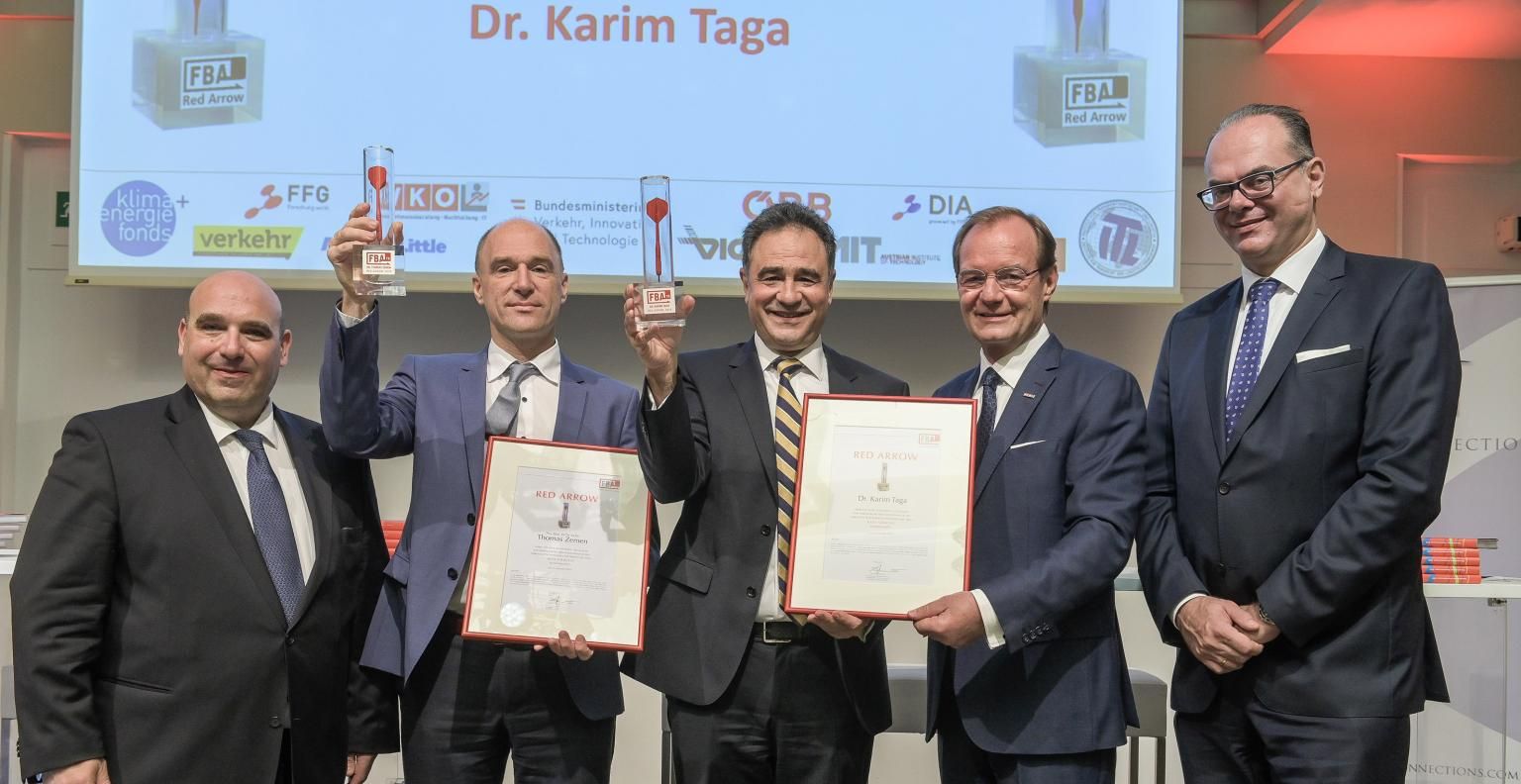
DOWNLOAD
DATE
Contact
People love being connected to digital services, demand continues to grow, and the number of services and applications continues to expand. Today’s mobile networks deliver greater speed and reliability than ever before, but in the next five years we will see a revolution in the capability and application of high-speed digital mobile services, as telecommunications companies invest in the fifth generation of mobile radio networks.
‘5G’ as it will widely be known, will be a more inclusive, progressive, proven and capable wireless technology. Whilst we are currently in the midst of technical efforts to design, standardise and trial this next wave of mobile technology, it is clear that 5G will help mobile networks to evolve to meet challenges arising from socio-economic shifts, new emergent applications and increased demand for network capacity.
Yet 5G networks will be about much more than ‘more data, at higher speed, for less cost’. Their resilience, reliability, immediacy and their ability to ‘specialise’ will render them the essential final connection between a plethora of devices and objects, increasingly acting autonomously to work for us as well as to entertain us.
Gigabit networks will deliver benefits to many European consumers and enterprises. In this regard, 5G and ultra-fast fibre networks can be seen as the essential infrastructure that will ensure that Europe remains globally competitive in the future Gigabit Society.
What is so special about 5G in this regard?
- 5G is the first mobile technology extensively designed from the outset both with and by the end user vertical industries, as well as by the telecoms operator, vendor and standards body communities
- 5G is designed to ensure a smooth evolution from 4G that improves customer experience with higher data rates and lower delay
- 5G offers wide-ranging capabilities, and is able to support many applications of use and consumer innovations
- 5G offers the resilience and security that is required to be considered for ‘mission critical’, ‘enterprise control’ or ‘life supporting’ services
- 5G brings the performance and reliability to ‘untether’previous fixed assets/equipment and enable new methods of production, with both existing (legacy) and new (for example robotic) tools.
European industries are increasingly ready for this technology. When 3G arrived, many had barely ‘mobilised’ their workforces, and when 4G arrived many were still in the early stages of ‘digitalisation’ of their production processes and value chains.
Today, many industries are well down the road on their own ‘digitalisation pathways’, and engaging with their customers and suppliers in real time using new channels and tools that require enhanced and new communications that can underpin and accelerate their productivity whilst keeping data and facilities secure. We see five key policy areas to be addressed if Europe is to capitalise on the benefits 5G can bring:
- Spectrum policy reform: investment in 5G will depend on ensuring fair and non-discriminatory spectrum awards, liberalisation, refarming and defragmentation of existing spectrum bands, extending licence terms and ensuring Member States award spectrum licences on a common timescale
- Improved access to fibre backhaul: effective regulated access to fixed passive infrastructure will be essential. A well-functioning access regime across Europe will be critically important to avoid bottlenecks
- Encouraging innovative services: new applications with specific quality needs and, more generally, network optimisation that can better take account of user and network circumstances will be required. Regulatory policy will have to take this into account
- Sustainable market investment: the investment required to deliver 5G across Europe in the coming decade is substantial, and will clearly require investment from private investors, who will seek comfort that the competitive environment will not be unpredictable or exposed to excessive regulatory risk
- Encouraging digital champions: governments can play a key role, both in encouraging the public sector to embrace the benefits of 5G-enabled digital technologies, but also helping to coordinate and encourage alignment in sectors that are complex but could realise material gains from 5G, especially connected vehicles (including both road and rail) and the aviation industry, in particular drones/unmanned aerial vehicles (UAVs).


